The history of comic book movies starring women is a long slog to acceptance, littered with disasters (Supergirl, Catwoman). A Wonder Woman film was famously deemed impossible to make for decades — despite the character being an icon (and licensing bonanza) for women, figuring out how men would be able to relate to an Amazon warrior was just too hard to ever try. In an infamous memo, Marvel’s Isaac Perlmutter gave a list of box office bombs to prove that a movie starring a superheroine was doomed form the start.
Black Widow has itself had an arduous journey to the big screen. As the one of the first movie casualties of COVID-19, it was shelved for a year until it was safe to open theaters. Rather than biting the bullet with a home video release, as WB did with Wonder Woman ’84, and Disney did with Mulan, they stayed the course. Disney suspected that after nearly two years without a new MCU movie in theaters, a trip back to the slick, brittle world of quips and high-tech suits would be just what audiences needed to be lured back to the multiplex.
It’s a remarkable feat of loyalty to the MCU’s most misunderstood (or mishandled) character. Debuting as a sexpot undercover secretary for Tony Stark to ogle in Iron Man 2, Natasha Romanoff has since been the one Avenger with no superpowers to get her through one battle with a super-powered monster after another. (One recalls her bravely clutching a handgun while the other Avengers were smashing Chitauri with their various powers.) Her past has been a shattered checkerboard of brainwashing and mystery — what happened in Budapest? — and her character development has included an unlikely romance with the one CGI character she didn’t have any chemistry with. And now she’s dead.
But here we, in 2021, back in the theater watching Cate Shortland’s standalone adventure for Scarlett Johansson’s Black Widow, a mélange of Jason Bourne, James Bond and typical MCU destruction.
The film opens in 1995 Ohio — young Natasha (Ever Anderson) is riding a bike and goofing off with her little sister (Violet McGraw). Natasha’s hair has been dyed blue for…reasons? Otherwise, it’s a typical family life –Rachel Weisz radiates maternal calm as Natasha and Yelena’s mom, Melina. A lesson about fireflies and an argument over dinner set the stage for the return of father Alexei (David Harbour) who comes home in a gloomy funk. “It’s time,” he tells Melina.
In a few moments, this cozy family life is upended, dad is suddenly lifting tractors, and mom is flying a plane, while the authorities — led by Thunderbolt Ross (William Hurt) — are shooting at them. It’s the first of many audacious action scenes, and a sign that anything resembling a happy family life is off the table for our heroes. Natasha’s life has been upended and the horrors of “the Red Room,” a Soviet facility for training deadly spies, loom.
Flash forward 21 years: Captain America: Civil War has just wrapped up, and Natasha is on the run to a safe house — or safe trailer in this case, supplied by Mason (O-T Fagbende), a fixer for hire who gets the materials Natasha needs for her life on the lam.
So far, we’re firmly in Jason Bourne/The Winter Soldier territory, both excellent choices for a story about a super spy. Just in case we didn’t get the reference, at one point Natasha even watches a bit of a Roger Moore Bond film on TV. It’s the globe-spanning world of tradecraft and governments secrets, always a fertile field for action.
But this Disneyfied version of the world often pulls back on the brutality that makes Bourne work. Titles take us from Norway to Morocco to Budapest, but the set pieces have the same pacing and lighting, giving the world a homogenized gleam. Given that the MCU action unit has made more than 20 films, it’s a highly entertaining and familiar gleam, but it’s completely antiseptic. Car crashes that would have left mangled bodies in reality only lead to a single scratch. Also don’t pay any attention to the accents. Like seriously. Ignore them and you will live a happy life.
Natasha eventually makes her way to Budapest (pronounced Buda-peshhhhht, we’re reminded) where she encounter the grown-up Yelena (Florence Pugh) in a dingy apartment. In the grand tradition of superheroes, they must fight before they can be friends. By now Johansson has perfected Natasha’s world-weary, cynical gaze, and it’s a pleasure to watch, but the film comes alive when Pugh hits the screen. Small, scrappy and not at all impressed by the Avengers (“Why do you do that thing with your head?” she asks of Black Widow’s signature crouch), grown-up Yelena is more than a match for her sister, bringing most of the humor to the story and stealing any scene she’s in. I don’t know how many MCU movies Pugh has signed up for, but she’s going to be a Phase 4 fave for sure.
Also, these Black Widows are the actual worst spies ever. As someone who is being hunted globally by good guys and bad guys, Natasha just goes out merrily riding her Vespa, shopping at the local fishmongers and fighting deadly assassins in plain sight. Did no one report this to Interpol? Black Widow is only a spy movie when it wants to be, and that’s not very often. The sisters have been gifted with the movie’s MacGuffin in an earlier scene: a bundle of vials containing some red liquid that “cancels control-making effects”, in video game parlance. These vials are sought by The Taskmaster, the faceless relentless assassin of the piece, sent by Dreykov (Ray Winstone) the leader of the Red Room. The Taskmaster can learn anyone else’s moves when he sees them, and that includes some scary faux-Caps shield action and generally smashing anything within reach.
Melina and Alexei eventually return — Harbour is wonderful, unsurprisingly. When it comes to unkempt heroes gone to seed, he’s the go-to guy. Weisz is steady as a rock as a genius scientist who has been a star agent for Dreykov. The family dynamics of Yelena and Natasha’s fake childhood get worked out — mostly by fight scenes with Taskmaster and others — with a lot of laughs and in jokes along the way. It’s a little hard not to see echoes of Frozen in Natasha and Yelena’s relationship. That movie defined sisterhood and identity as goals in their own right, with no need for a Prince Charming to up the ante. It’s no spoiler to say that we see this post-atomic family in action together again.
The big question about Black Widow is whether it should have been made at this late date. Perlmutter’s disinterest in a female-led film (and, it must be said, Kevin Feige doesn’t seem all that enthused either) put this idea on ice for so long, its protagonist’s story had ended in another movie by the time it came out.
With all the mysteries and regrets in Natasha’s past, exploring them one last time is not a bad idea, but Review has the feeling of an elegy. She’s always known she’s doomed — too much red to clear from the ledger — and jumping off the cliff on Vormir was a sacrifice she made willingly — or even eagerly. Oblivion was her reward. Ultimately, the family drama and Natasha’s personal quest get buried beneath the admittedly spectacular action scenes we expect from an MCU movie. In the Winter Soldier tradition, what starts as a more down-to-earth adventure ends up with fire in the sky and everything blowing up. This is no Logan or Spider-Man 2.
Some early reactions pegged this as one of the MCU’s best solo films — and in some ways they’re right. The most recent Thor and Captain America movies were really ensemble films, but Natasha gets to lead her own adventure and have her own moments of glory. And although it maybe came a little too late, it needed to happen. Boisterous Thor, heroic Cap and narcissistic Tony Stark are icons of our times. Natasha needed her own adventure, and she got one; that it’s a bit of a downer is only partly due to timing. As a portrait of a hunted, haunted woman who’s trying to salvage what she can of her past, Johansson is more than up to the task. But it’s no coincidence that Yelena is the one with the spark in her eye.
Eric Pearson’s script is from a story by Jac Schaefer (WandaVision) and Ned Benson. It hits all the points an MCU movie needs: laughs, Easter eggs and big heroic moments. Director Shortland gives the characters plenty of time to shine and interact in ways that MCU fans will be gleefully memeing. A special shout out to the score by veteran Lorne Balfe; given the Russian elements, suitably bombastic classical elements prevail.
Black Widow hits theaters and DisneyPlus Premier Access on July 9th.



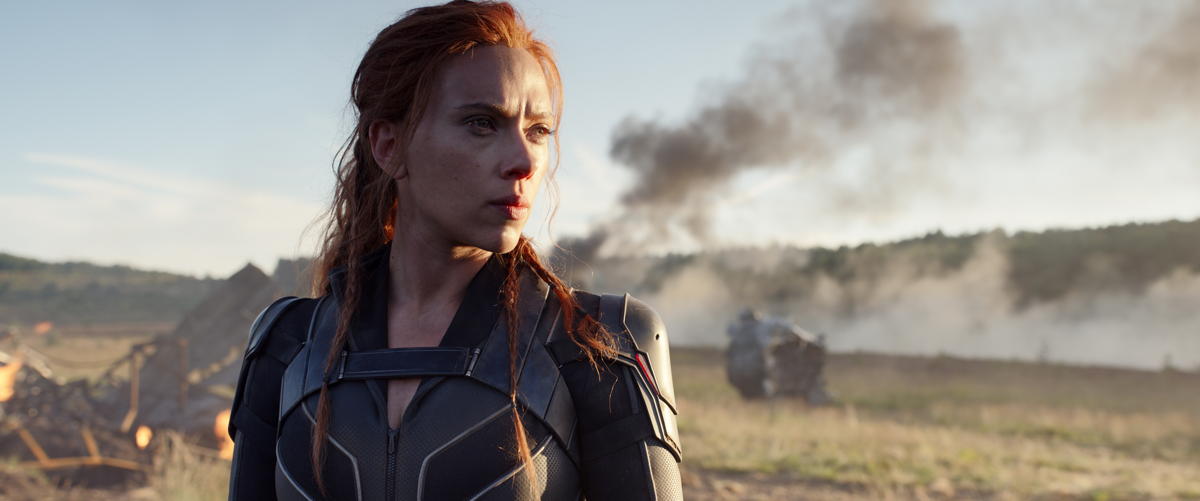
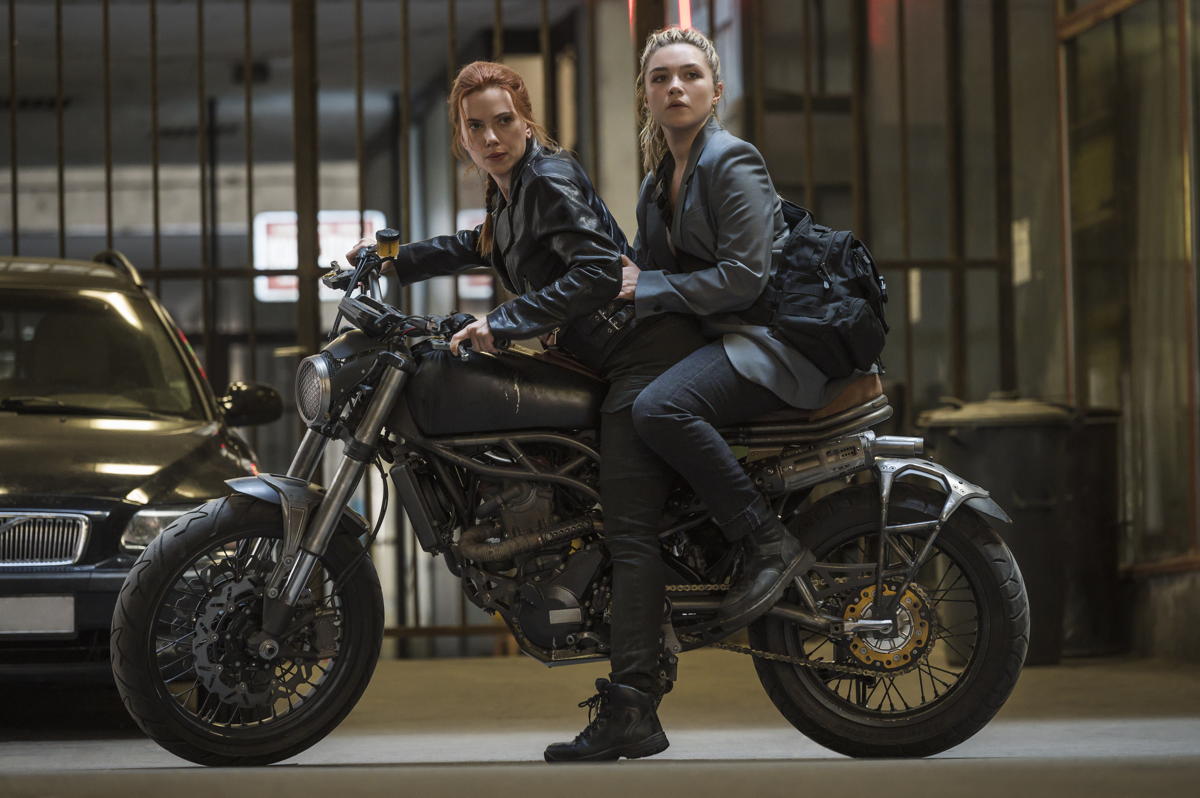
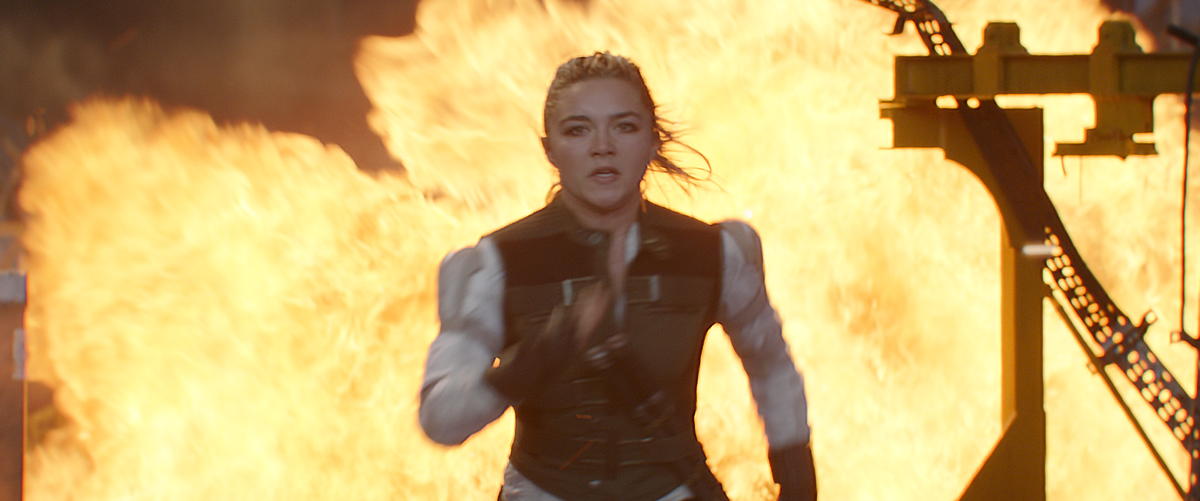
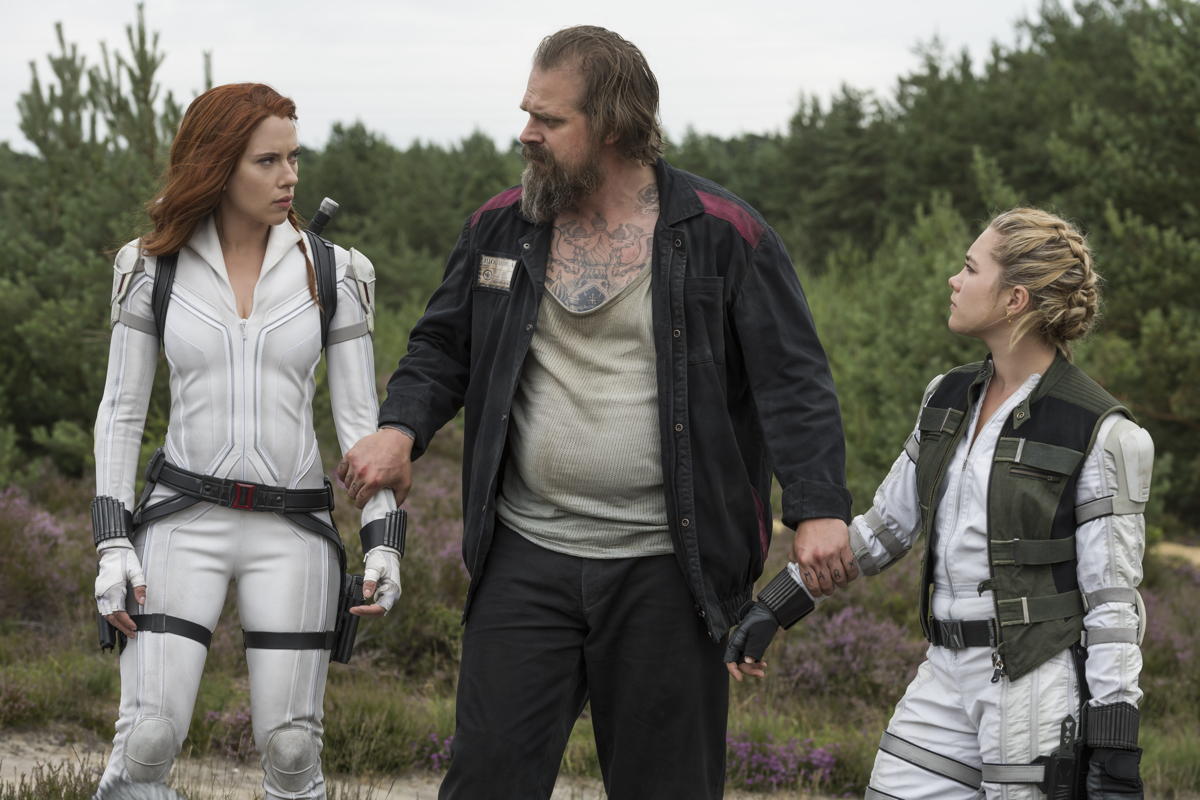
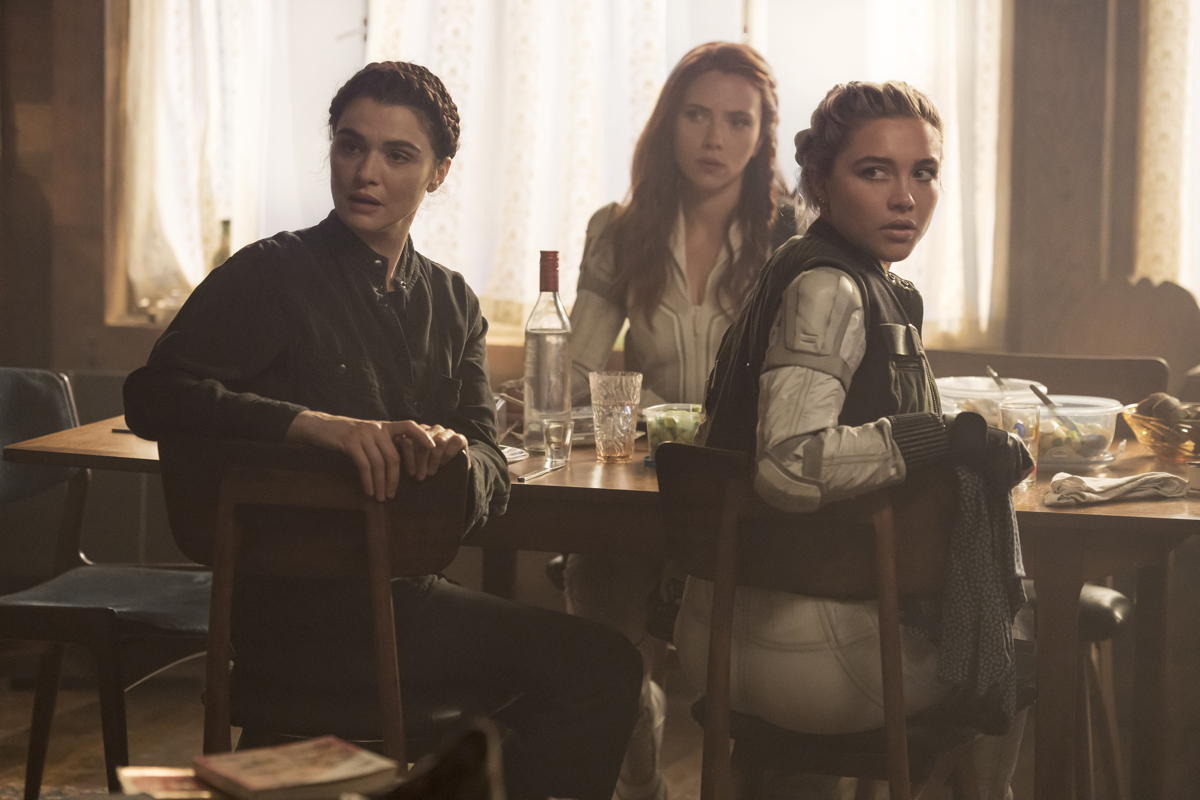

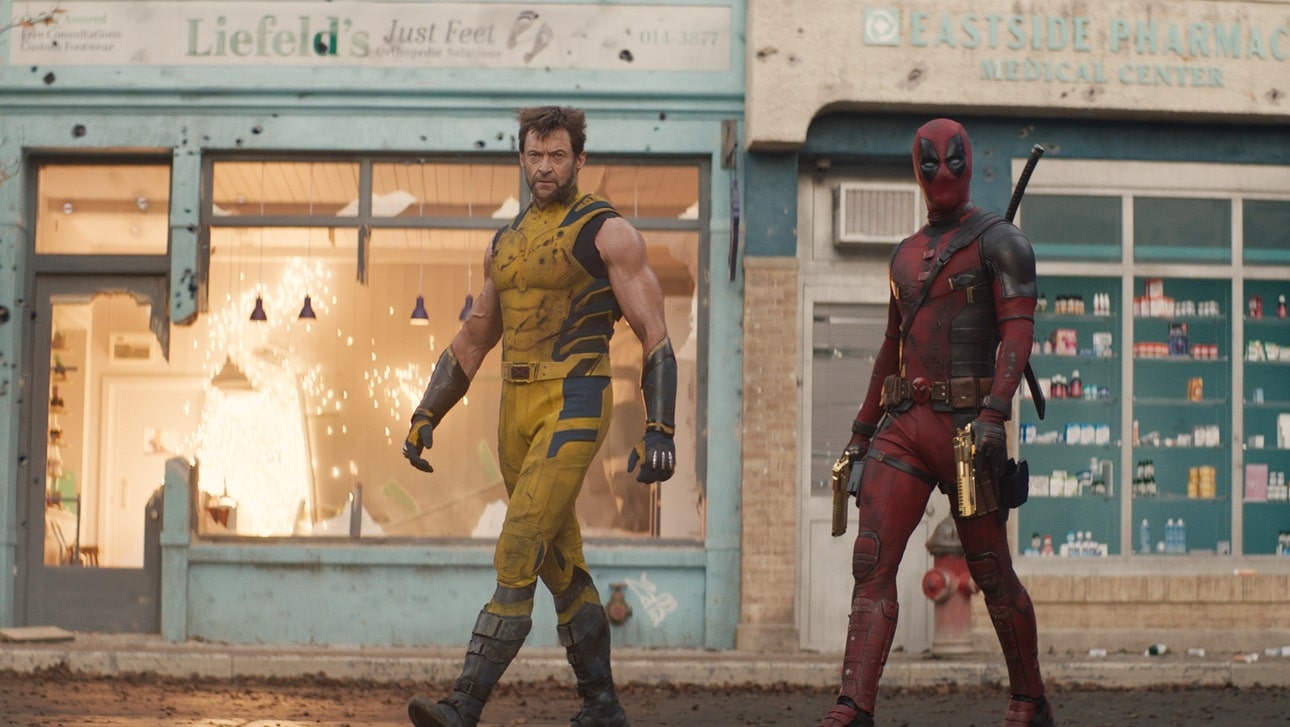




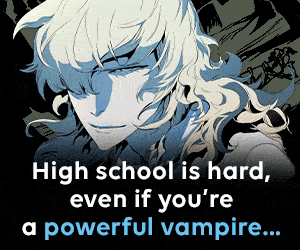

Hawkeye is an Avenger, and his abilities are arguably less super than Natasha’s.
I’ve always thought they both brought a welcome sense of grounding to all the gods and monsters featured in the MCU.
But Nat clearly isn’t the only non-powered Avenger. (and that’s even discounting Iron Man’s “power” as somehow “super.”)
Comments are closed.